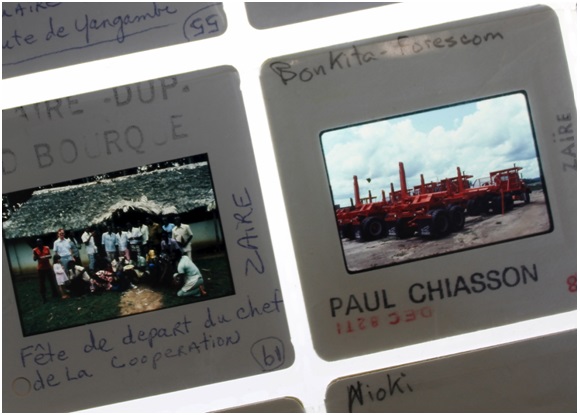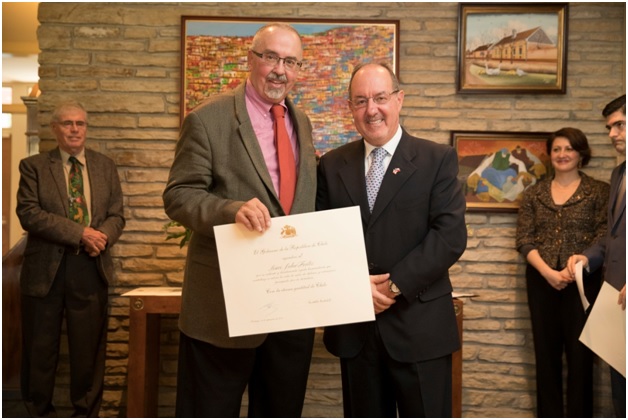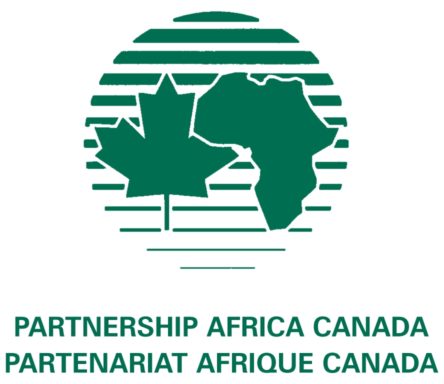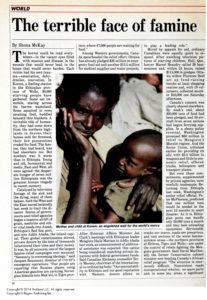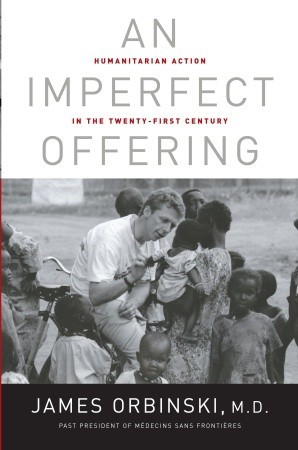by Sonya de Laat & Dominique Marshall
This blog has been prepared ahead of the workshop on the archives of CIDA on December 12 in Ottawa, held by the CNHH on the occasion of the Conference “A Samaritan State Revisited: Historical Perspectives on Canadian Foreign Aid, 1950-2016” hosted by Global Affairs Canada
This article is cross-posted with Active History as of December 9, 2016.
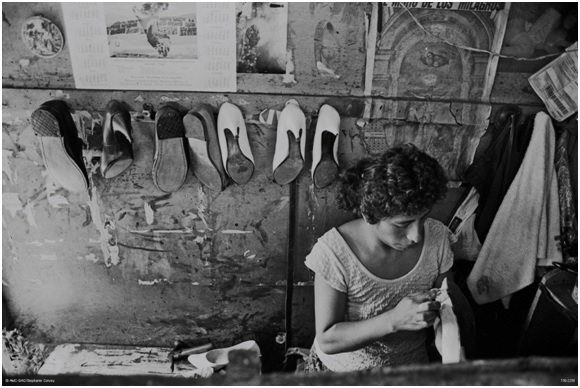
Rights and Realities Exhibit; Slide Number: 730-487-04; A woman repairs shoes in a tiny kiosk on the sidewalk in downtown Lima, Peru, 1995; (c) Global Affairs Canada/Stephanie Colvey
The ways in which the former Canadian International Development Agency (CIDA) has visually represented its projects and people to the general public has greatly informed public perceptions of aid and international affairs. From the end of the 1960s, CIDA’s photographs have been used in the communications products of the Agency and of partners (NGOs, schools, publishers, etc.), or in travelling exhibitions, publications and teaching materials. They also represent a resource for scholars and practitioners interested in exploring and sharing CIDA’s multifaceted histories. For forty-five years, CIDA administered the nation’s official development assistance (ODA). From large-scale mining and electricity projects to smaller scale education and health programs, CIDA was Canada’s main response to a global surge in international development initiatives that started in the 1960s. Simultaneously, CIDA was a vehicle for extending Canadian economic and political interests as well as its social values abroad. It became a key entity in defining Canada’s caring and helpful identity domestically and internationally.

